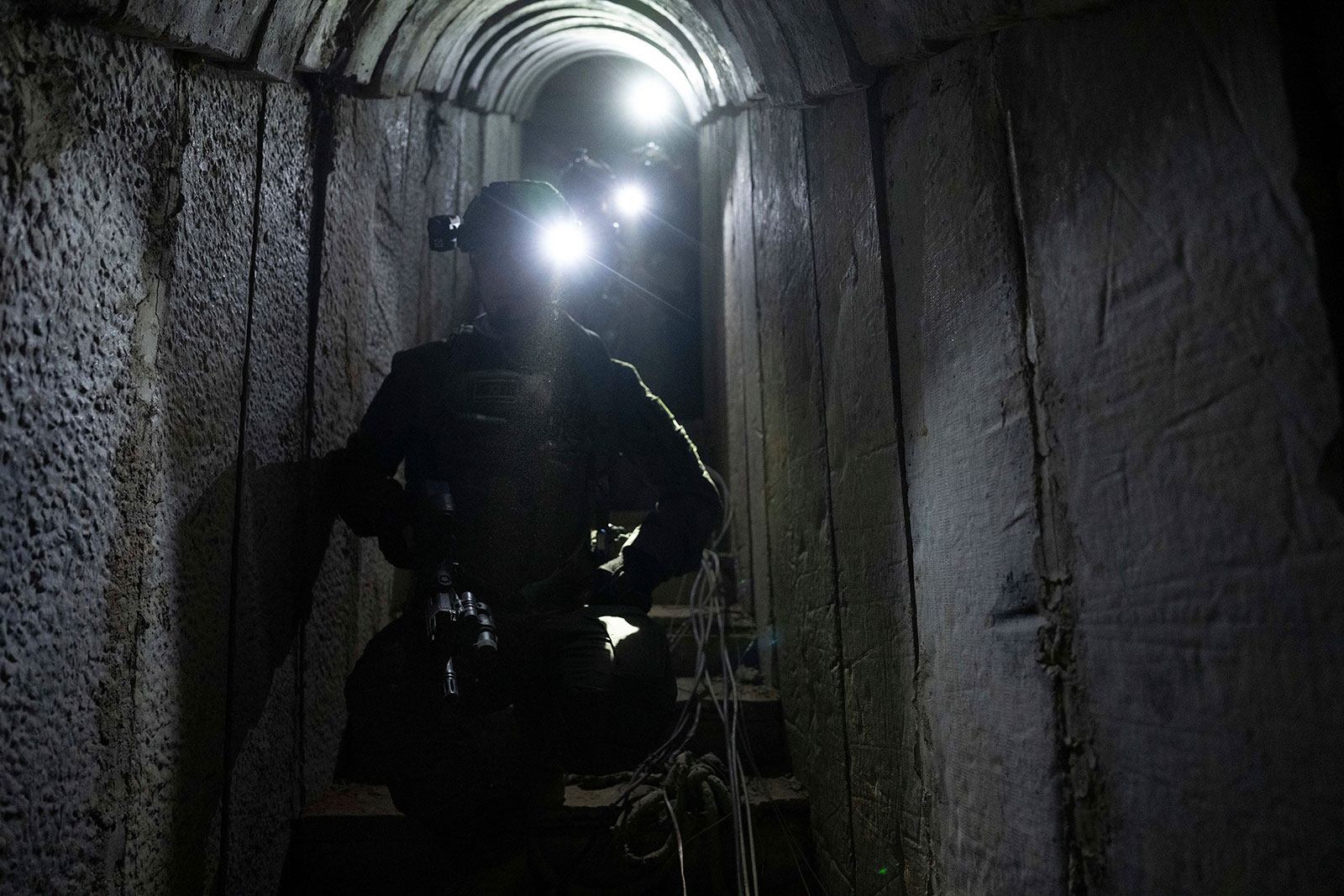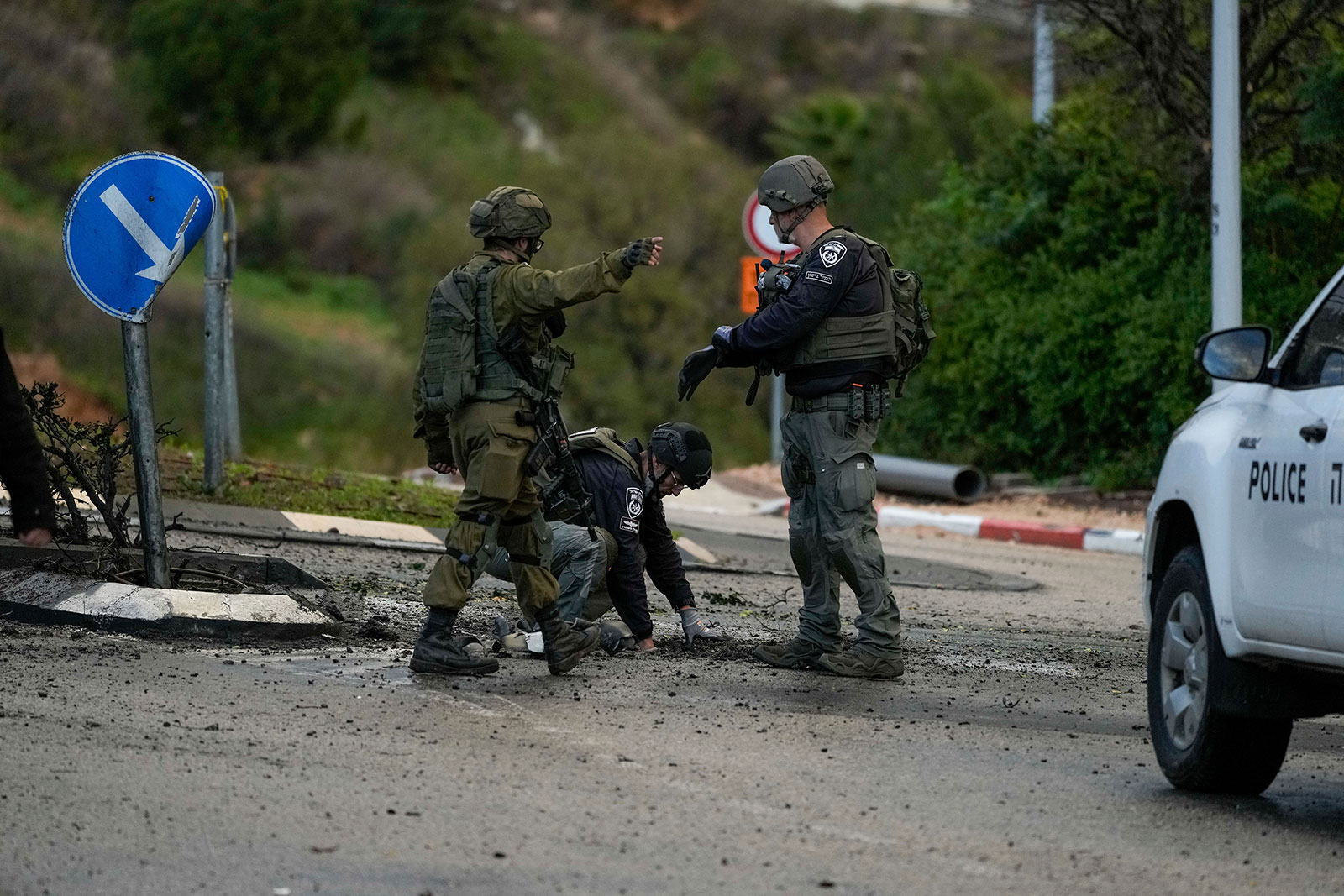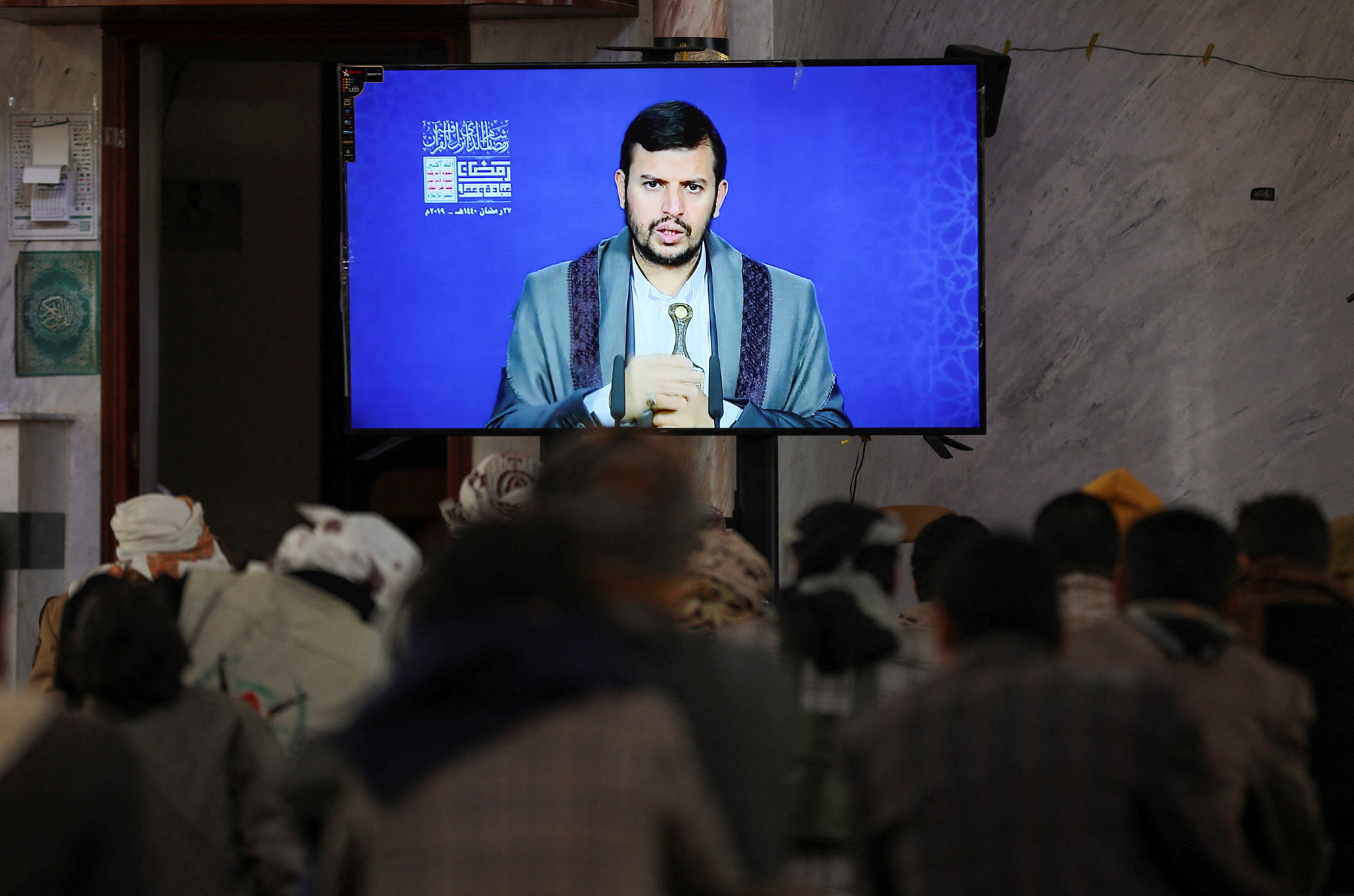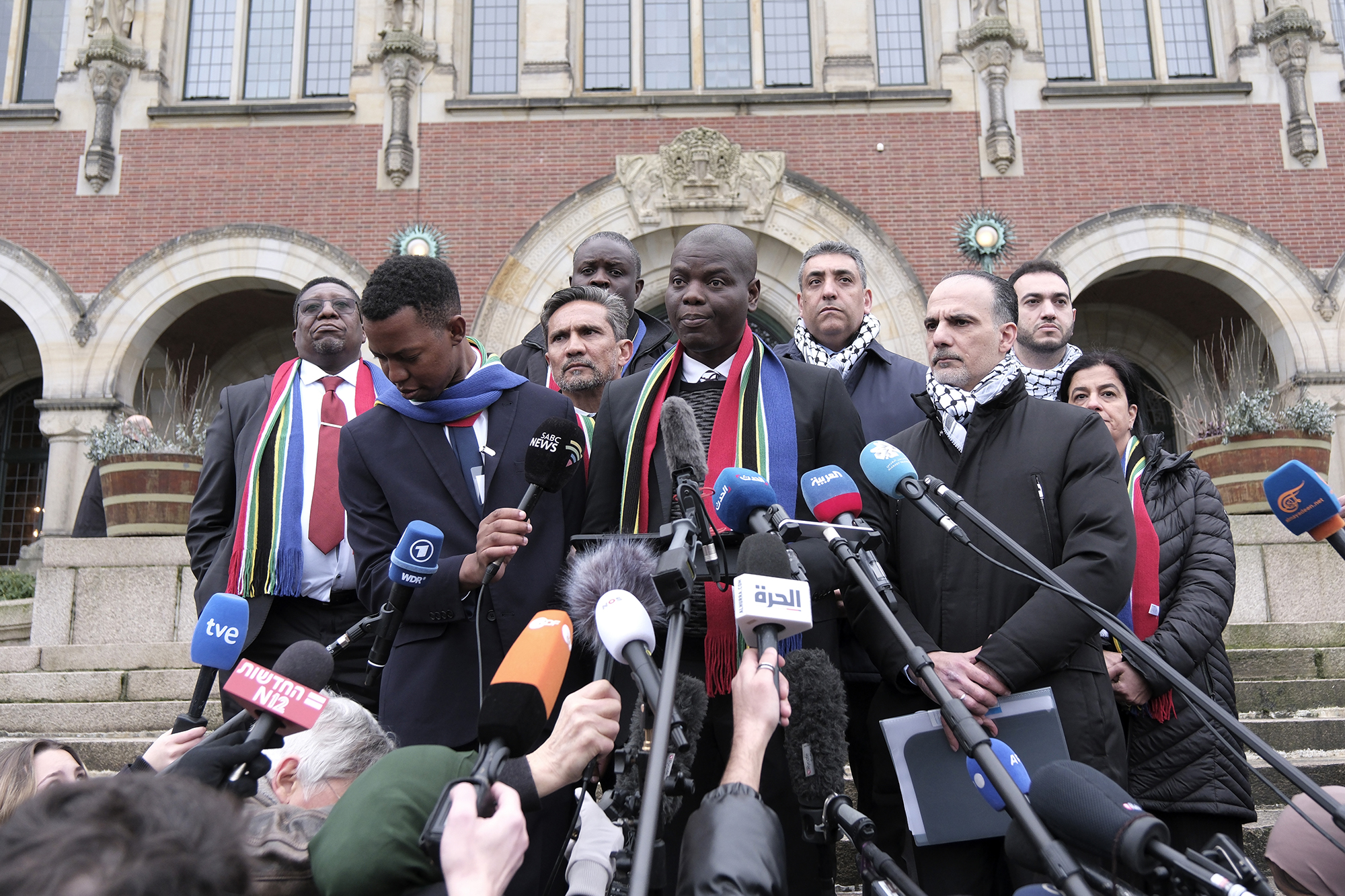Dozens of people were killed in Gaza following a series of Israeli airstrikes in the southern part of the enclave in the last 24 hours, several officials said.
In the early hours of Wednesday, an airstrike targeting a house in Khan Younis, in southern Gaza, killed seven people and injured at least 25 others, the Al-Nasser Medical Complex said.
“You are seeing us passing away every day. And there is a question: How many of us have to die that this war will end?” Dr. Ahmad Al Moghrabi, a surgeon at the facility, said in a video obtained by CNN.
Several civil defense and medical personnel were also injured after an Israeli airstrike that struck a residential building near the hospital, Gaza’s Civil Defense said in a statement. Videos obtained by CNN show civil defense crew members being treated inside the medical center.
Also near Khan Younis, six people were killed and brought to the European Hospital on a “horse cart,” the hospital said.
In another incident, journalist Khader Zaanoun, who is in Gaza City, told CNN that he spoke with a doctor at Al-Shifa Medical Complex. Dr. Mu’taz Salah told him that Israeli army snipers fired at hundreds of civilians on the coastal Haroun Al-Rasheed road, in the Sheikh Ajleen area west of the city.
At least five people were killed and 21 others were injured, Zaanoun said.
CNN has reached out to the Israel Defense Forces for comment regarding allegations they have targeted rescue personnel. The IDF has also not responded to CNN’s request for comment on the incidents in Khan Younis and Gaza City.
A rising death toll: The number of people killed in Gaza since October 7 from Israeli attacks as of Wednesday is at least 23,469, the Hamas-run Gaza Health Ministry said. CNN cannot independently verify casualty figures due to limited access to the area.







